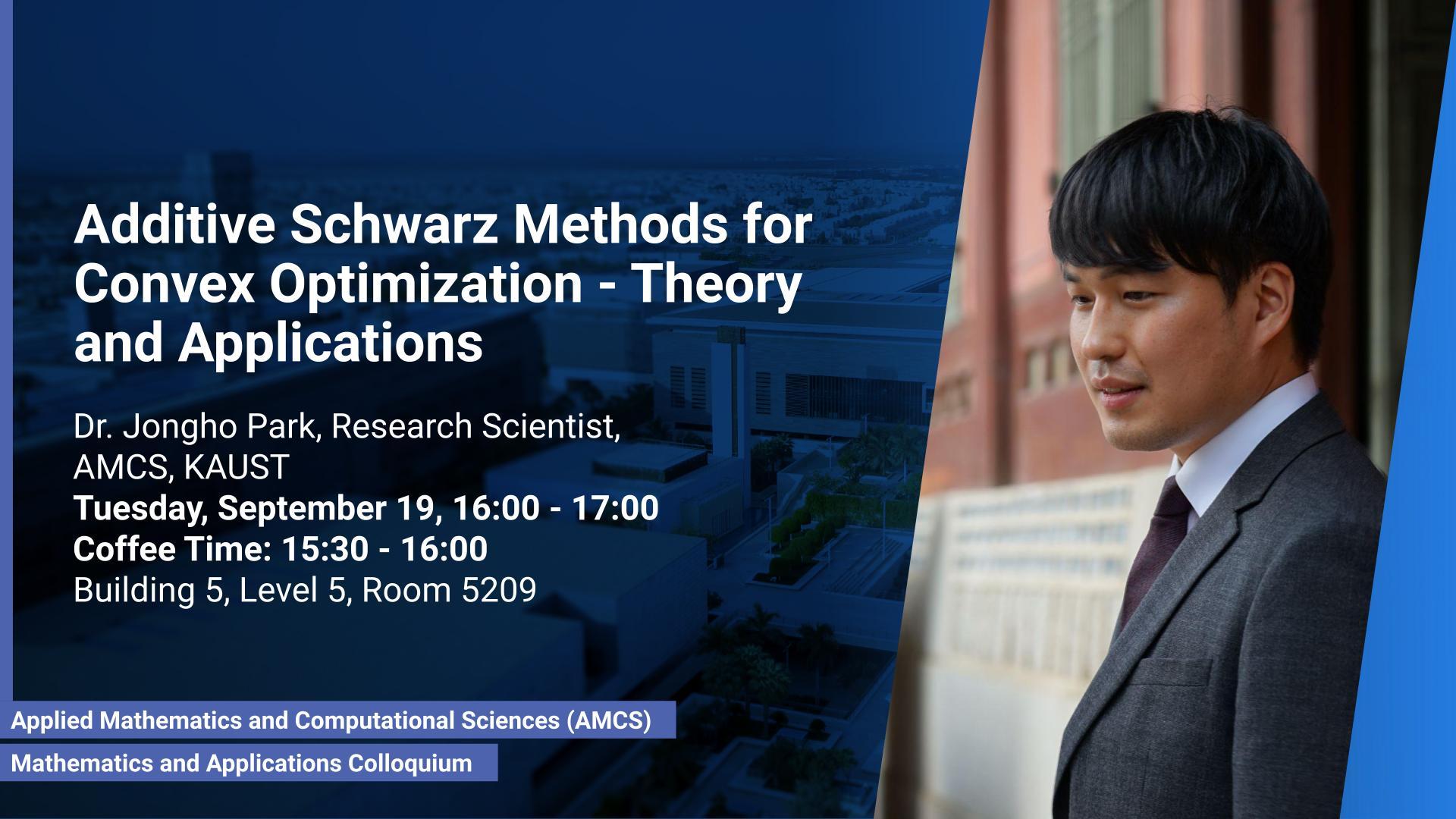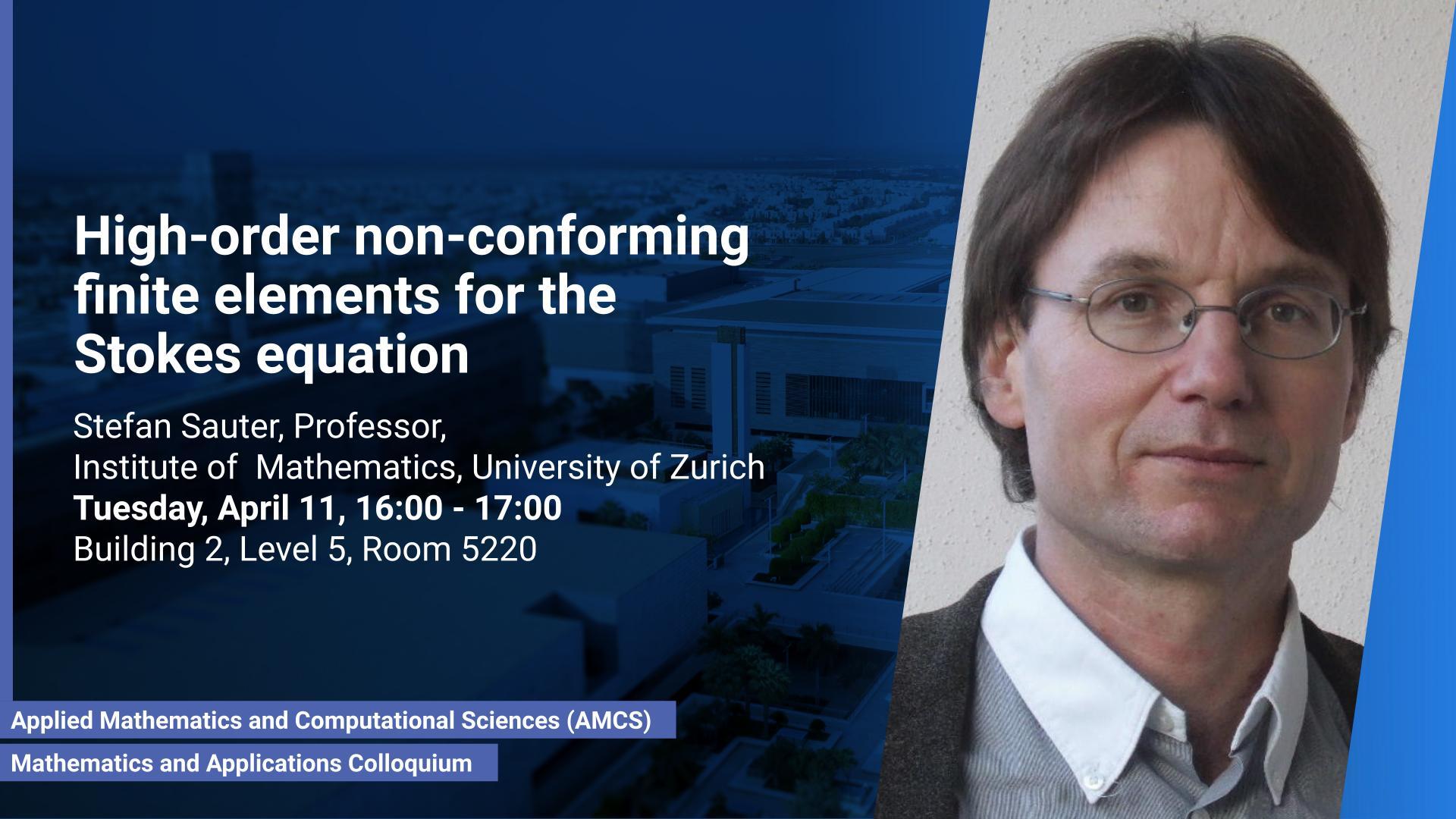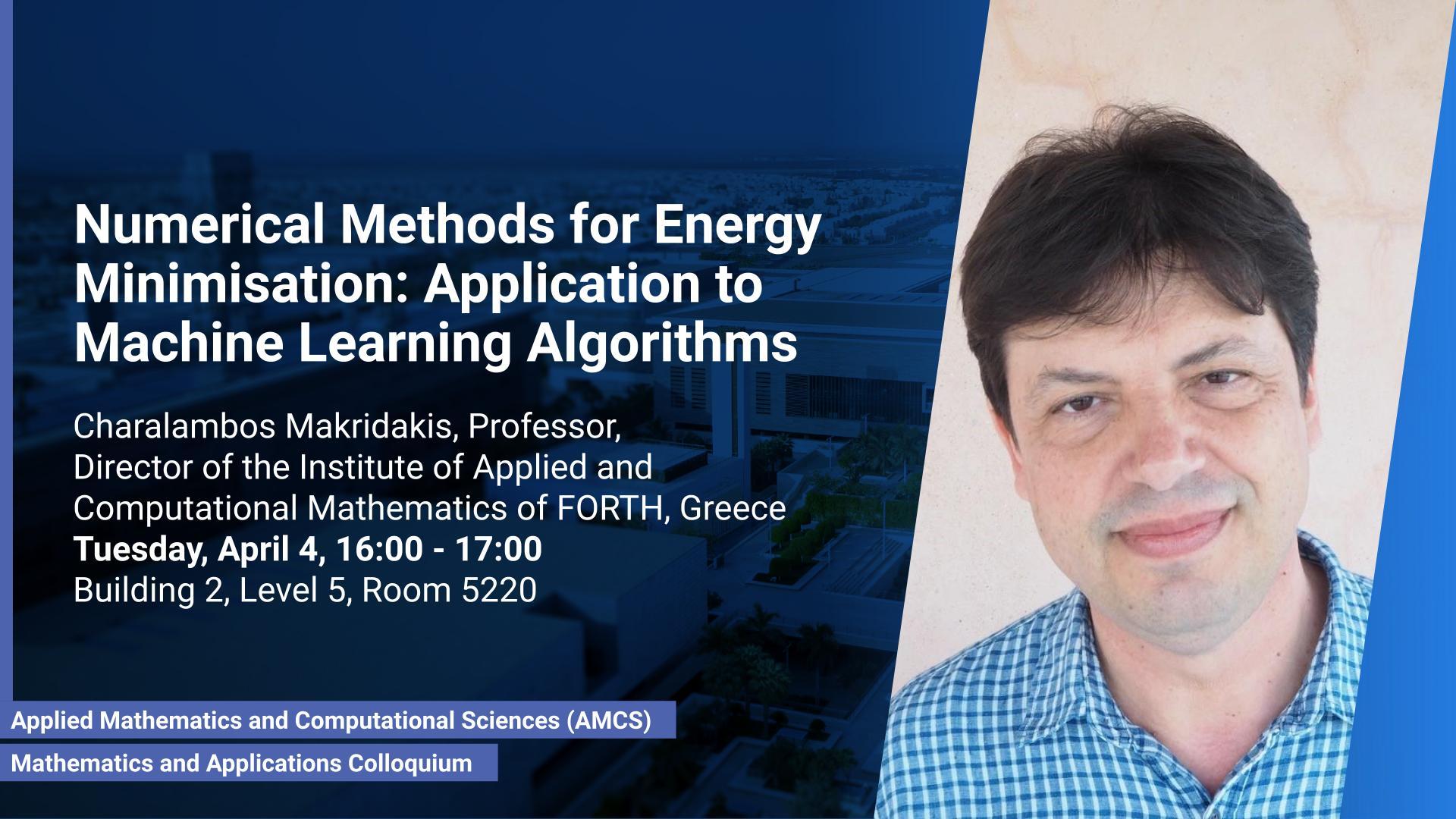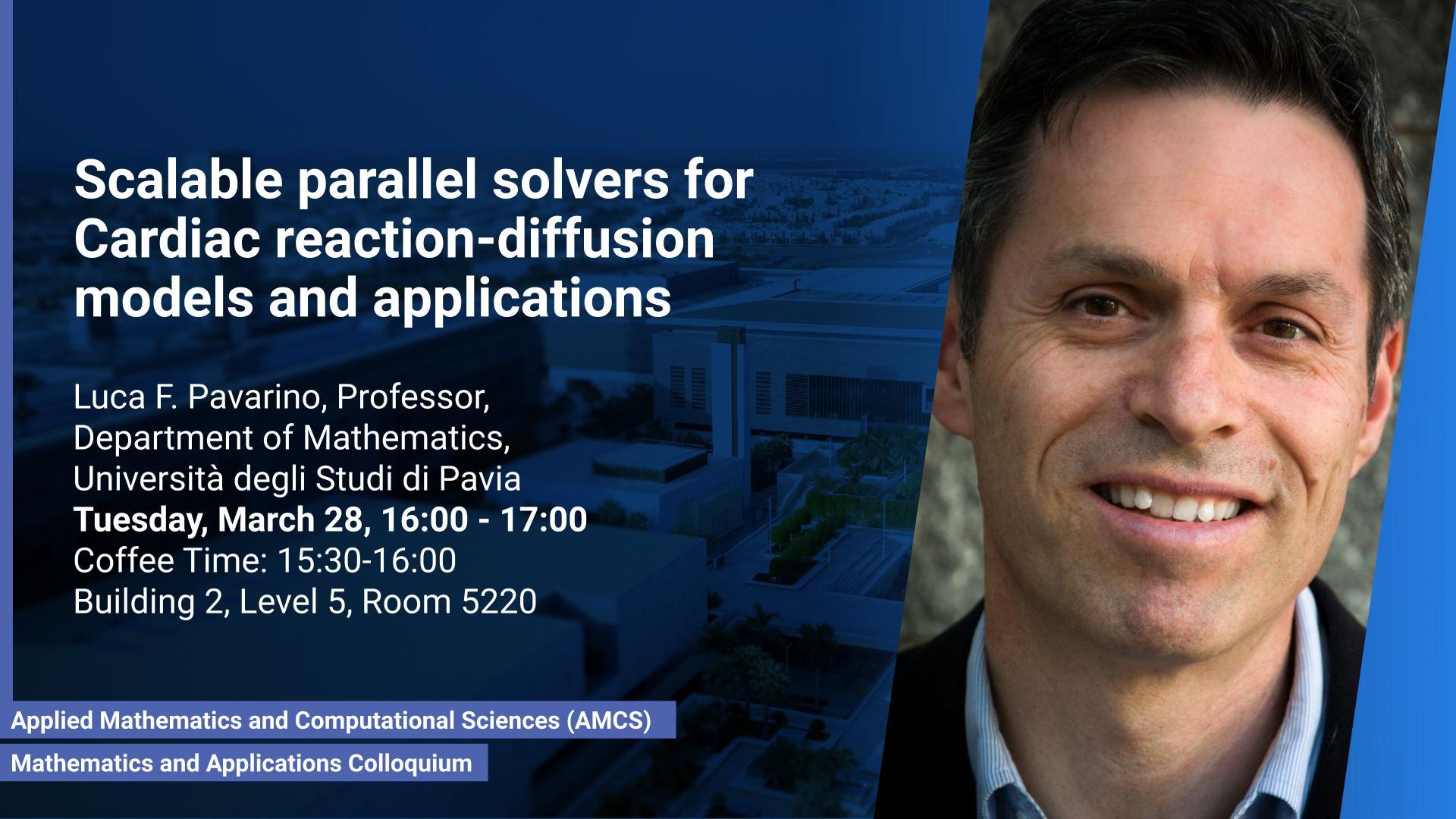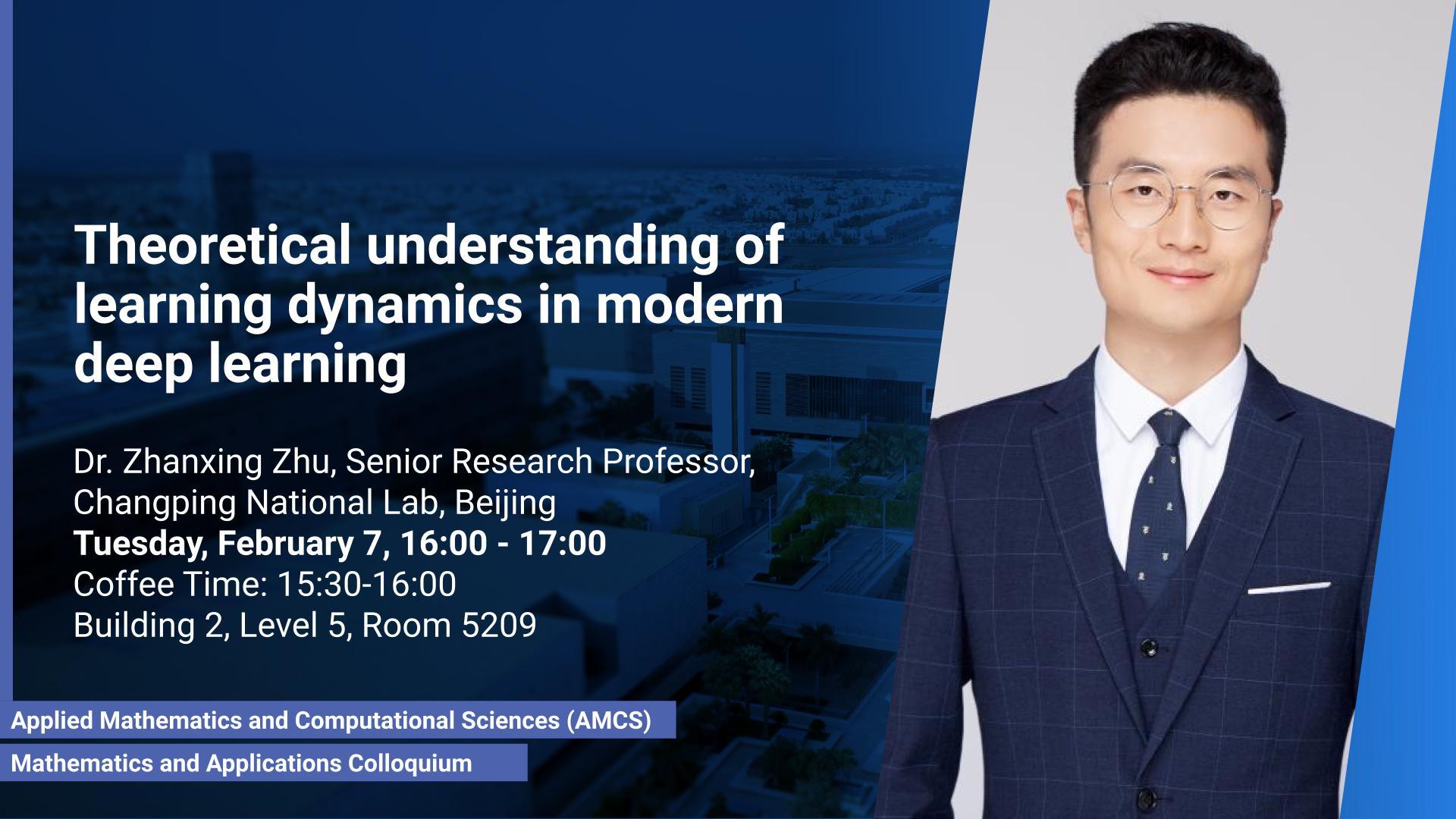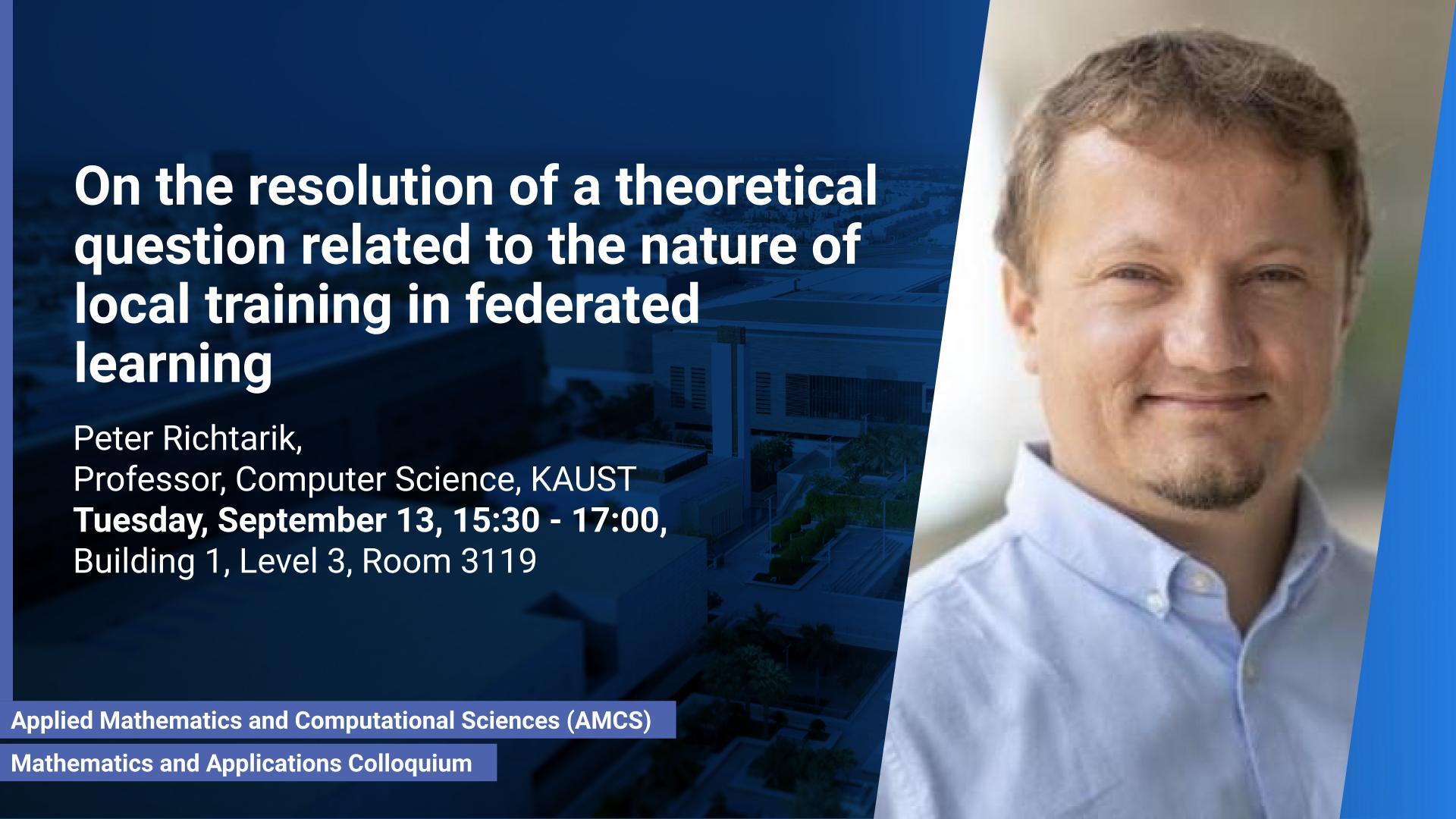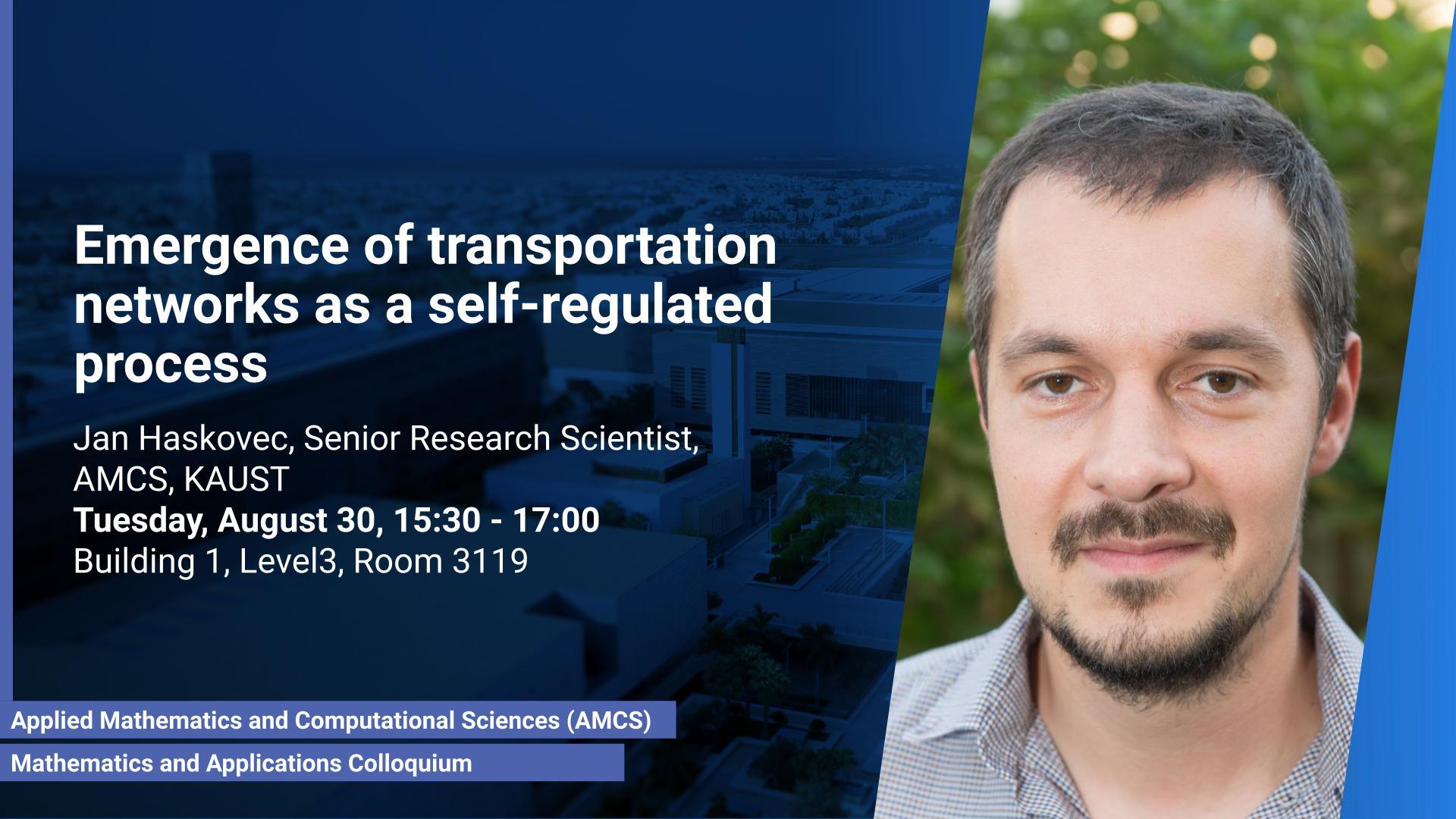Research Scientist,
Applied Mathematics and Computational Sciences
Tuesday, September 19, 2023, 16:00
- 17:00
Building 5, Level 5, Room 5209
Contact Person
This talk is devoted to additive Schwarz methods for convex optimization. First, we propose an abstract framework for additive Schwarz methods for convex optimization. The framework's flexibility allows it to handle composite optimization problems and inexact local solvers. Moreover, it establishes a sharp convergence theory that agrees with the classical theory when addressing linear problems.
